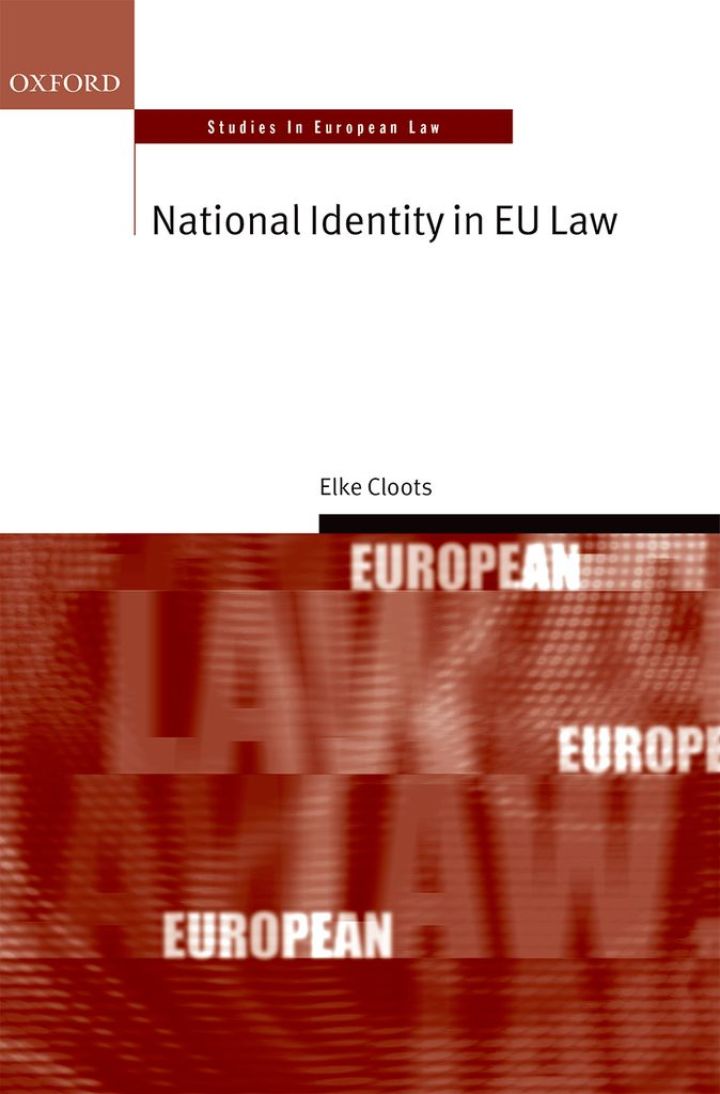National Identity in EU Law
$55.25
Attention: This is just ebook, Access Codes or any other Supplements excluded! / File Delivery: Sent Via Email within 24 hours!
SKU: 9fd11333f3f9
Category: Law Textbooks
Description
-
Author(s)Elke Cloots
-
PublisherOUP Oxford
-
FormatPDF
-
Print ISBN
9780198733768, 0198733763 -
eText ISBN
9780198733768, 0198733763 -
Edition
-
Copyright
- Details
Despite nearly sixty years of European integration, neither nations nor national loyalties have withered away. On the contrary, national identity rhetoric seems on the rise, not only in politics but also in legal discourse. Lately we have seen a rise in the number of Member States invoking their national identity in an attempt to justify a derogation from a requirement imposed on them by a Treaty article or an EU legislative act, or to legitimize a particular national reading of such an EU norm. Despite this, the European Court of Justice (ECJ) has yet to develop a coherent approach to such arguments, or express a vision of the role national identity should play in EU law. Elke Cloots undertakes this task by providing a principled and coherent scheme for the adjudication of disputes involving claims based on the national identity of a Member State. Should arguments involving national identity be legally relevant? If yes, how should the ECJ approach such identity-related interests? Cloots crafts a normative framework to assist the ECJ in striking the right balance between European integration and respect for the identity concerns at issue. The book combines rigorous theoretical inquiry with thorough analysis of the European Treaties and case law, with particular attention paid to litigation involving domestic measures concerning the national system of government, constitutional rights protections, and language policy. Clarifying the issues at stake and presenting a solution to these problems, this book will be an invaluable resource for the academics, lawyers, and policy makers in the field.
Related products
-

50 Years of Central Banking in Kenya
Rated 0 out of 5$40.62 Add to cart -

A Theory of Global Governance Authority, Legitimacy, and Contestation
Rated 0 out of 5$12.35 Add to cart -

Civil Wrongs and Justice in Private Law 1st Edition
Rated 0 out of 5$43.88 Add to cart -

Blackstone’s Guide to the UK Internal Market Act 2020
Rated 0 out of 5$22.10 Add to cart


